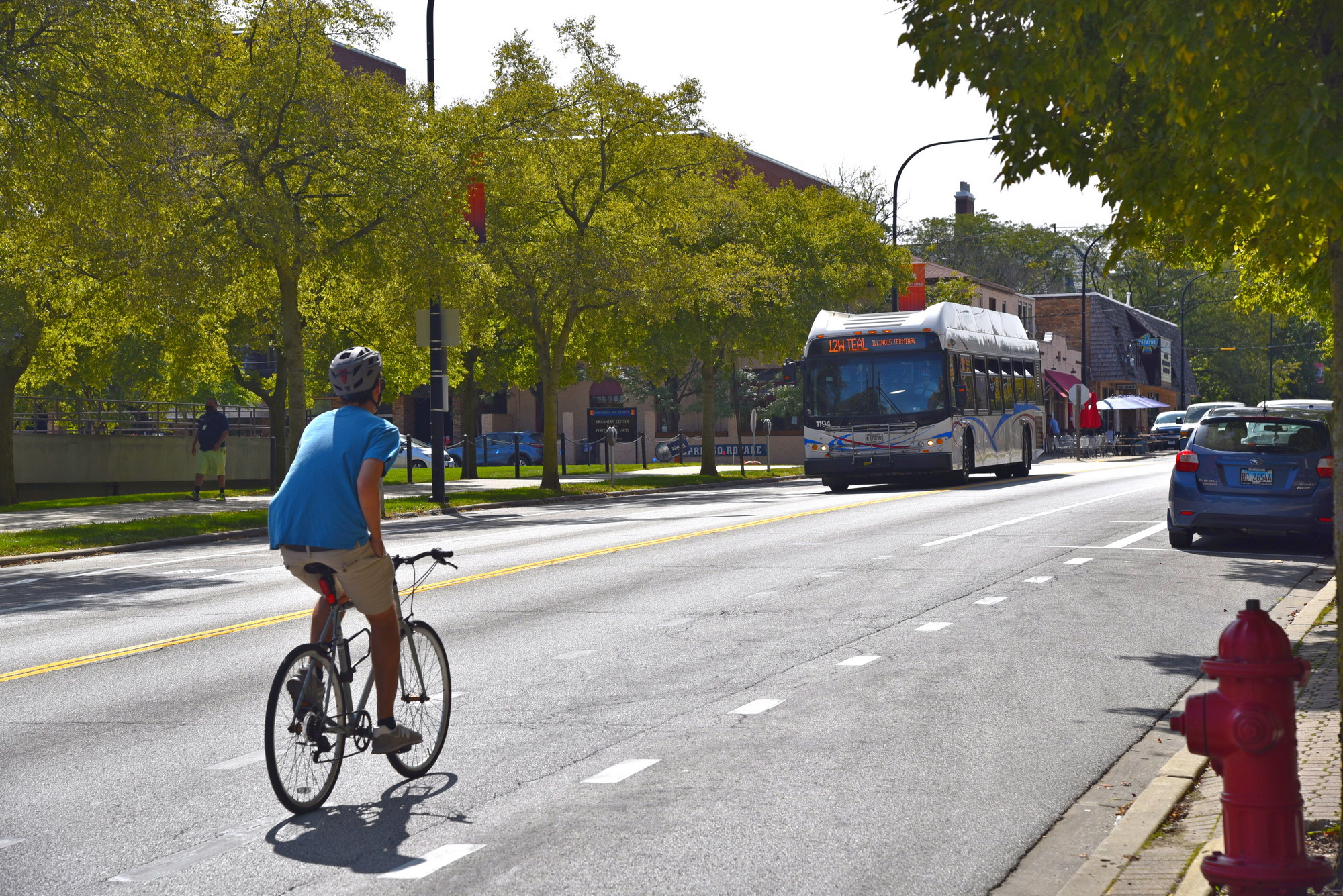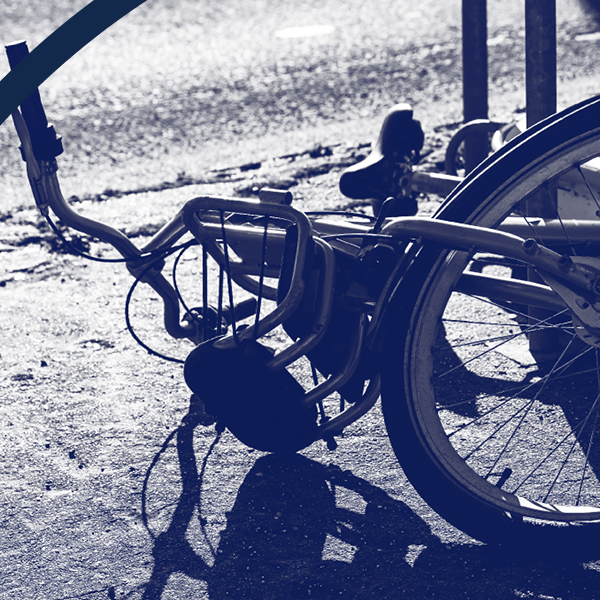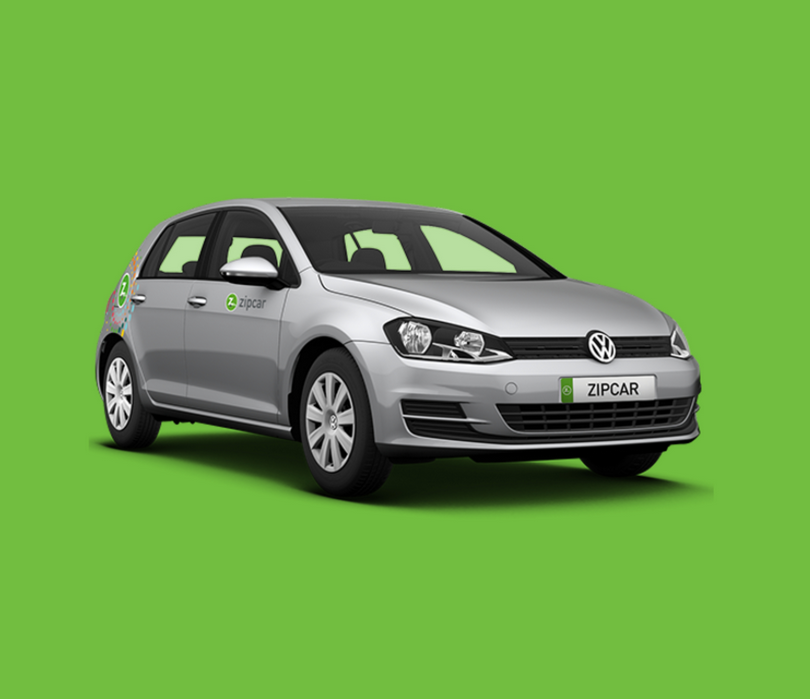Transportation Demand Management
Transportation demand managment represents and coordinates all campus modes of transportation with an emphasis on safety and sustainability. The department works cooperatively with a number of university and regional partners to integrate multiple transportation modes.

The Transportation Demand Management (TDM) goal is to improve safety for all modes of transportation on campus and reduce the number of single occupancy vehicle miles traveled on campus by encouraging ride sharing, bicycling, walking, and utilizing mass transit. One focus of TDM is educating and assisting the campus community in the use of active transportation. In support of bicycling, TDM has worked with various agencies on efforts to increase safety and promote bicycling, including:
- Creating a bike friendly university through engineering, education, encouragement, enforcement, and evaluation, as outlined in the Campus Bicycle Plan
- Partnering with the Campus Bicycle Shop
- Installing bicycle repair stations on campus
- Providing headlights, tail lights, and reflectors at the annual Light the Night event
- Coordinating Bicycle Month, including Bike to Work/School Day
- Improving bicycle infrastructure, including bicycle parking, paths & lanes, signage & striping
TDM analyzes, assesses, and advocates for a variety of campus transportation needs.
The department works cooperatively on regional transportation issues with:
- Champaign-Urbana Mass Transit District
- City of Champaign
- City of Urbana
- Champaign-Urbana Urbanized Area Transportation Study (CUUATS) staff
TDM also works with local agencies to support and encourage the use of car sharing through a partnership with Zipcar. TDM leads efforts to make campus facilities safer and friendlier for all modes of transportation by:
- Funding crosswalk painting & street striping projects, traffic sign/signal maintenance, and intersection improvements including bump-outs and accessible ramps
- Prioritizing road projects, including corridor studies, road maintenance & repair, reconstruction, road diets, implementing “Complete Streets,” and adding new bike lanes
- Tracking and approving transportation closures on campus
- Working closely with the Center for Institute for Sustainability, Energy, and Environment (iSEE) to encourage sustainable transportation choices

